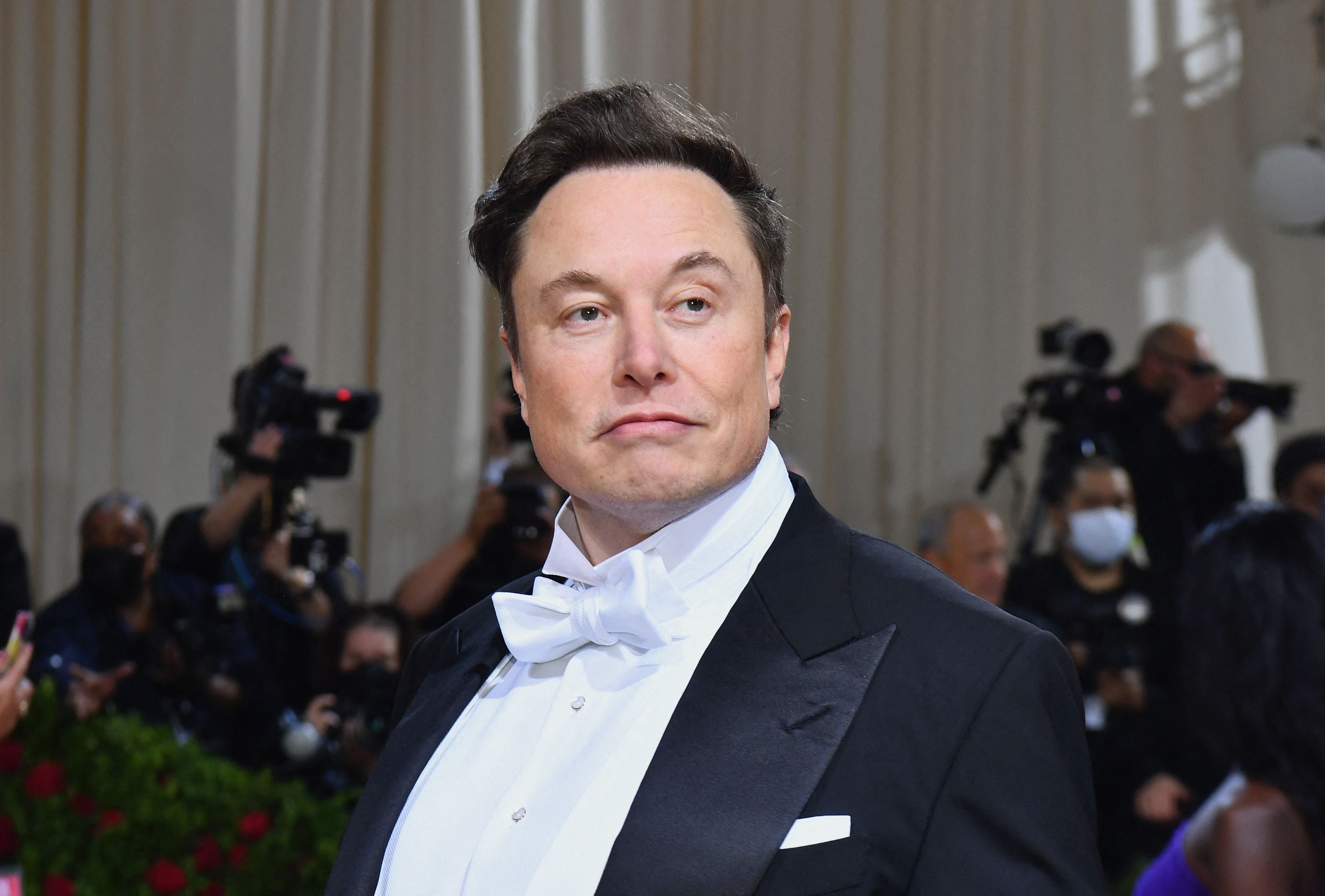Sure, Elon Musk can be problematic – but leave his autism out of it
If it is OK to mock one of the most privileged people in the world on account of them being autistic, then what hope do the rest of us ‘regular’ folk have?


Tomorrow is Global Awareness Accessibility Day: an annual awareness day dedicated to improving access and inclusion in digital spaces for everyone out there who identifies as neurodivergent or having a disability. But today, a video is going viral of a senior Twitter exec calling Elon Musk a “looney tune”, “mentally handicapped” and “special needs” on account of him being autistic.
In a lot of ways, the leaking of this clip, rife with ableist slurs, isn’t even about Musk, but about how deep-rooted ableism remains even in 2022. It doesn’t matter that Autism Awareness Day was just last month, or how many people in the public eye share their diagnoses, or the number of books, movies and documentaries released about autism.
In Musk’s case, it doesn’t even matter if you’re quite literally one of the most powerful people in the world. The fact remains that for autistic people, we will still be seen as inherently “lesser” because we are neurodivergent.
Don’t get me wrong, I think there are plenty of reasons not to take Elon Musk seriously. I regard him as misogynistic and privileged, someone who fails to distribute his wealth and sees the world as his own personal playground. But it’s important to call out this ableism because, despite Musk being regarded by many as deeply problematic, bringing his autism into it only serves to hurt a wider community that includes more than 75 million people around the world.
If it is OK to mock one of the most privileged people in the world on account of them being autistic, then what hope do the rest of us “regular” folk have – let alone people from more marginalised backgrounds? It sets a disturbing and dangerous precedent about how much ableism people way below Musk’s elevated status should have to put up with, and further emboldens people to discriminate against the autism community and weaponise people’s diagnoses as a means of limiting and silencing them.
We also cannot ignore the power of the person saying ableist slurs in the video. If a senior exec at Twitter feels comfortable enough to say those kinds of things, who is to say that his ableism stops at words? With his power and influence, he would, in theory, be able to not only limit the opportunities of potential autistic employees, but the way autistic people express themselves online.
Of course, there’s no proof that his actions match up to his words, but the fact he has this amount of underlying vitriol towards autistic people should be enough to raise concerns about the implications such attitudes can have on his position of power.
As an autstic person, it is also dismaying to see that there are people in senior positions who feel able to dismiss and demean autistic people so freely, given that we’re supposedly in a more “enlightened” age. It makes me wonder just how many people in various positions of power feel the same way about autistic people and have said similar things, but were lucky enough to not be caught on tape.
To keep up to speed with all the latest opinions and comment, sign up to our free weekly Voices Dispatches newsletter by clicking here
I’ve lost count of the hours I’ve spent writing about autism, raising awareness of neurodiversity, and working to quash misconceptions about what it means to be autistic. But when I see videos like this, it makes me wonder if all that work was for nothing, and that every campaign and pledge to be there for autistic people was actually genuine, or just a case of keeping up appearances.
In my opinion, the leaking of this video also encapsulates the perceived harm that autism “experts” like Simon Baron-Cohen continue to cause when it comes to wider public perceptions of autism. Just a few months ago, he tried to kick-start Spectrum 10k, a research project in which getting the DNA of autistic people would ultimately aim to “cure” autism.
To most people, autism is not a sickness that needs curing, but the idea that autism is a deficiency and something that needs to be eradicated is one that has been deeply absorbed within the public consciousness.
Ultimately, the video is indicative of a wider, more fundamental problem than just insulting Elon Musk. It demonstrates just how backwards we really are in terms of autism acceptance and the amount of work that needs to be done in terms of changing perceptions and challenging attitudes about autism. It’s a microcosm of the abuse and discrimination that autistic people face on a daily basis: and it needs to end now.
Join our commenting forum
Join thought-provoking conversations, follow other Independent readers and see their replies
Comments
Bookmark popover
Removed from bookmarks